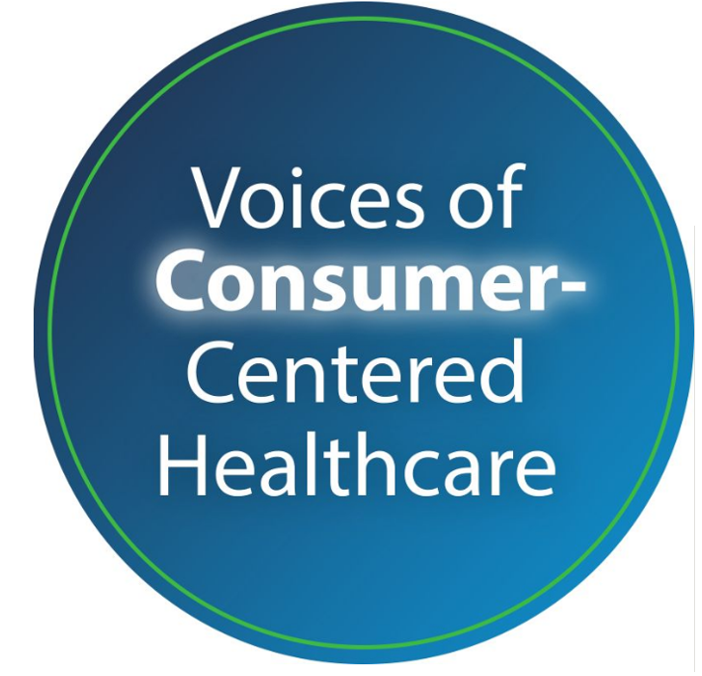Americans #1 health care priority for the President: reduce costs
Reducing health care costs far outranks improving quality and safety, improving the public’s health, and upping the customer experience as Americans’ top priority for President Obama’s health care agenda, according to a post-election poll conducted by PwC’s Health Research Institute. In Warning signs for health industry, PwC’s analysis of the survey results, found that 7 in 10 Americans point to the high costs of health care as their top concern in President Obama’s second term for addressing health care issues. Where would cost savings come from if U.S. voters wielded the accountant’s scalpel? The voters have spoken, saying, Reduce payments
No digital divide among doctors: technology enables a majority of doctors to learn and go social
Health care professionals (HCPs) have adopted smartphones and tablets faster than the man-and-woman-on-the-street. As a result, mobile devices have become an all-important channel for communicating information to all clinicians: doctors, nurses and pharmacists. Today, medical practice is “done” via computers: the chart, from MedPage Today’s survey of physicians conducted in July 2012, shows that 100% of doctors get their learning via desktop and laptop computers (THINK: continuing medical education, for example). 88% of doctors go social online, including using point-of-care tools based on MedPage’s definition of “social interactions.” 9 in 10 doctors have increased the use of the internet in
Consumers blame insurance and pharma for health costs, but love their primary care doctors
The 78% of U.S. adults with primary care physicians (think: medical homes) are very satisfied with their doctors’ visits. The main reasons for this high level of satisfaction include communication (listening, talking), customer service (caring, personable), and clinical (good diagnosis and treatment). More women than men have a primary care physician relationship, more college grads do, and more people with incomes of $75,000 a year or more do, as well. 90% of those 55 and over have a primary care doctor – a stat heavily influenced by the fact that Medicare coverage kicks in for older people. This consumer profile
Elsevier’s ClinicalKey Hits the Road – a mobile healthcare search tour
There are many definitions of mobile health, and Elsevier is adding another to the list. The world’s largest medical publisher has taken its new clinical search tool, ClinicalKey, on the road. Coined the ClinicalKey Experience Tour, Elsevier is coming to a medical center near you to enable clinicians, medical librarians, and health care administrators to give ClinicalKey a spin in their hospital’s parking lot. The challenge: the amount of new medical information doubles every 5 years, while 4 in 5 physicians say they have less than five hours a month to keep up with this, according to a DoctorDirectory survey. At the same time, health care providers feel hard-pressed
In sickness and in health: consumers expect doctors to be wellness coaches, too
4 in 5 health consumers expect doctors not only to treat them when they’re sick, but to keep them healthy. “In sickness and in health” now morphs over to the doctor-patient relationship, beyond the marriage vow. Better Health through Better Patient Communications, a survey from Varolii, finds that people are looking for health, beyond health care, from their physicians. Varolii is a customer interaction company that claims to have interacted with 1 in 3 Americans through some sort of company communication: they work with major Fortune 1000 companies, including banks, airlines, retail, and, yes, health care. They recently attracted a
From fragmentation and sensors to health care in your pocket – Health 2.0, Day 1
The first day of the Health 2.0 Conference in San Francisco kicked off with a video illustrating the global reach of the Health 2.0 concept, from NY and Boston to Mumbai, Madrid, London, Tokyo and other points abroad. Technology is making the health world flatter and smarter…and sometimes, increasing problematic fragmentation, which is a theme that kept pinching me through the first day’s discussions and demonstrations. Joe Flowers, health futurist, offered a cogent, crisp forecast in the morning, noting that health care is changing, undergoing fundamental economic changes that change everything about it. These are driving us to what may
3 in 5 physicians would quit today if they could
Being a doctor isn’t a happy profession in 2012: 3 in 5 doctors say that, if they could, they’d retire this year. Over three-fourths of physicians are pessimistic about the future of their profession. 84% of doctors feel that the medical profession is in decline. And, over 1 in 3 doctors would choose a different professional if they had it all to do over again. The Physicians Foundation, a nonprofit organization that represents the interests of doctors, sent a survey to 630,000 physicians — every physician in the U.S. that’s registered with the AMA’s Physician Master File — in March-June





 Thank you, Jared Johnson, for including me on the list of the
Thank you, Jared Johnson, for including me on the list of the  I am so grateful to Tom Lawry for asking me to pen the foreword for his book, Health Care Nation,
I am so grateful to Tom Lawry for asking me to pen the foreword for his book, Health Care Nation,  Thanks to Feedspot for naming this blog, Health Populi, as a
Thanks to Feedspot for naming this blog, Health Populi, as a